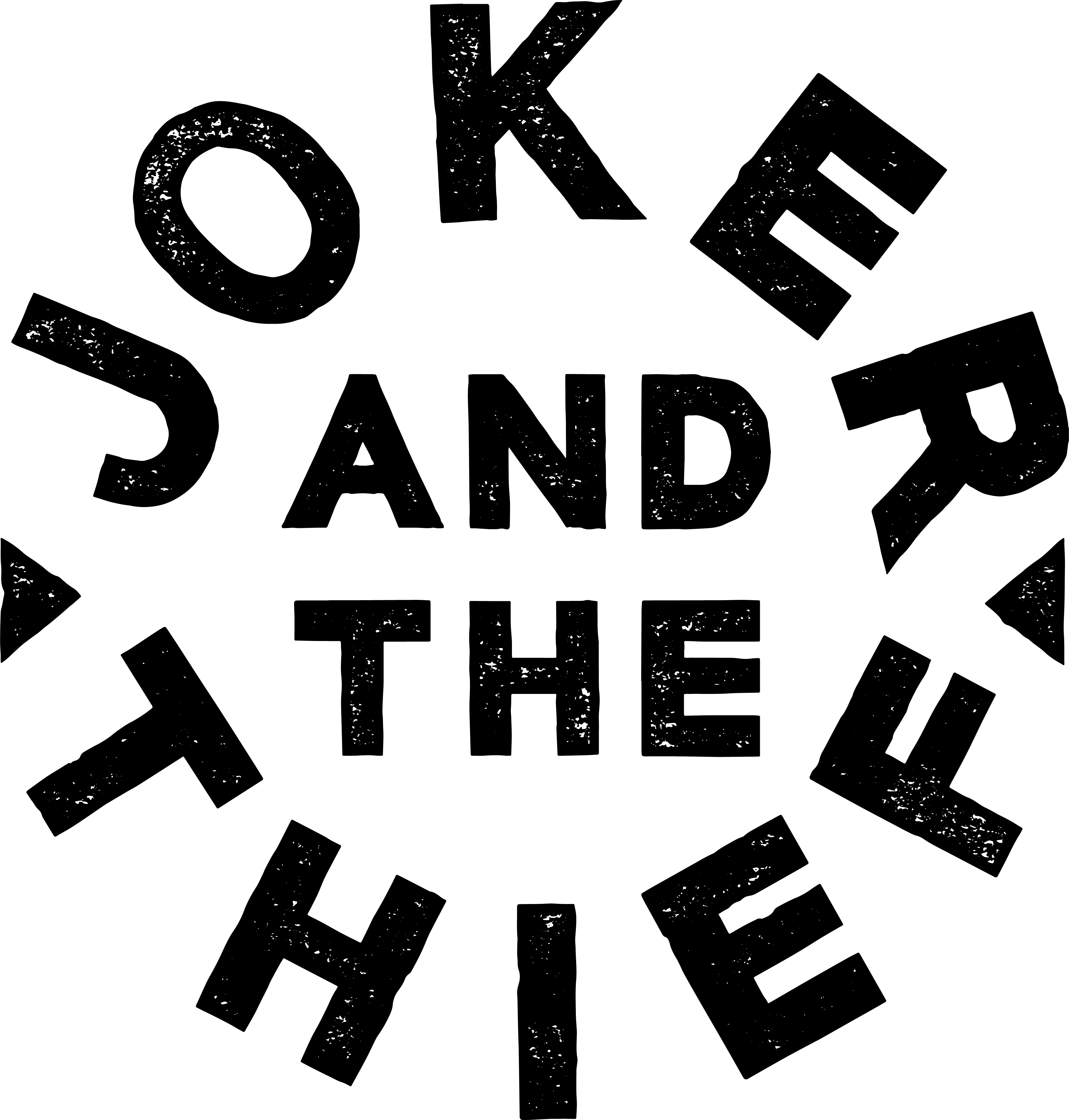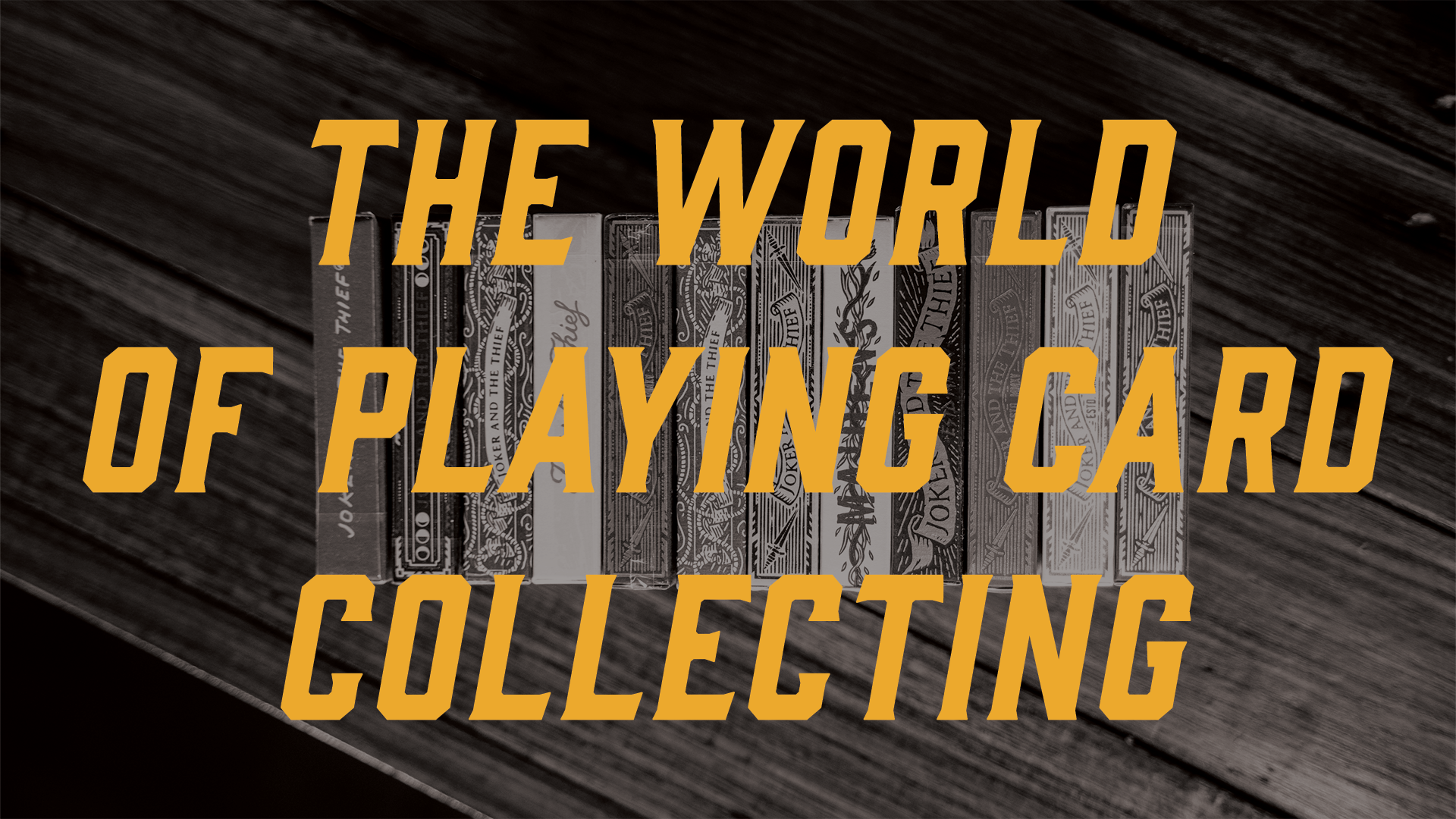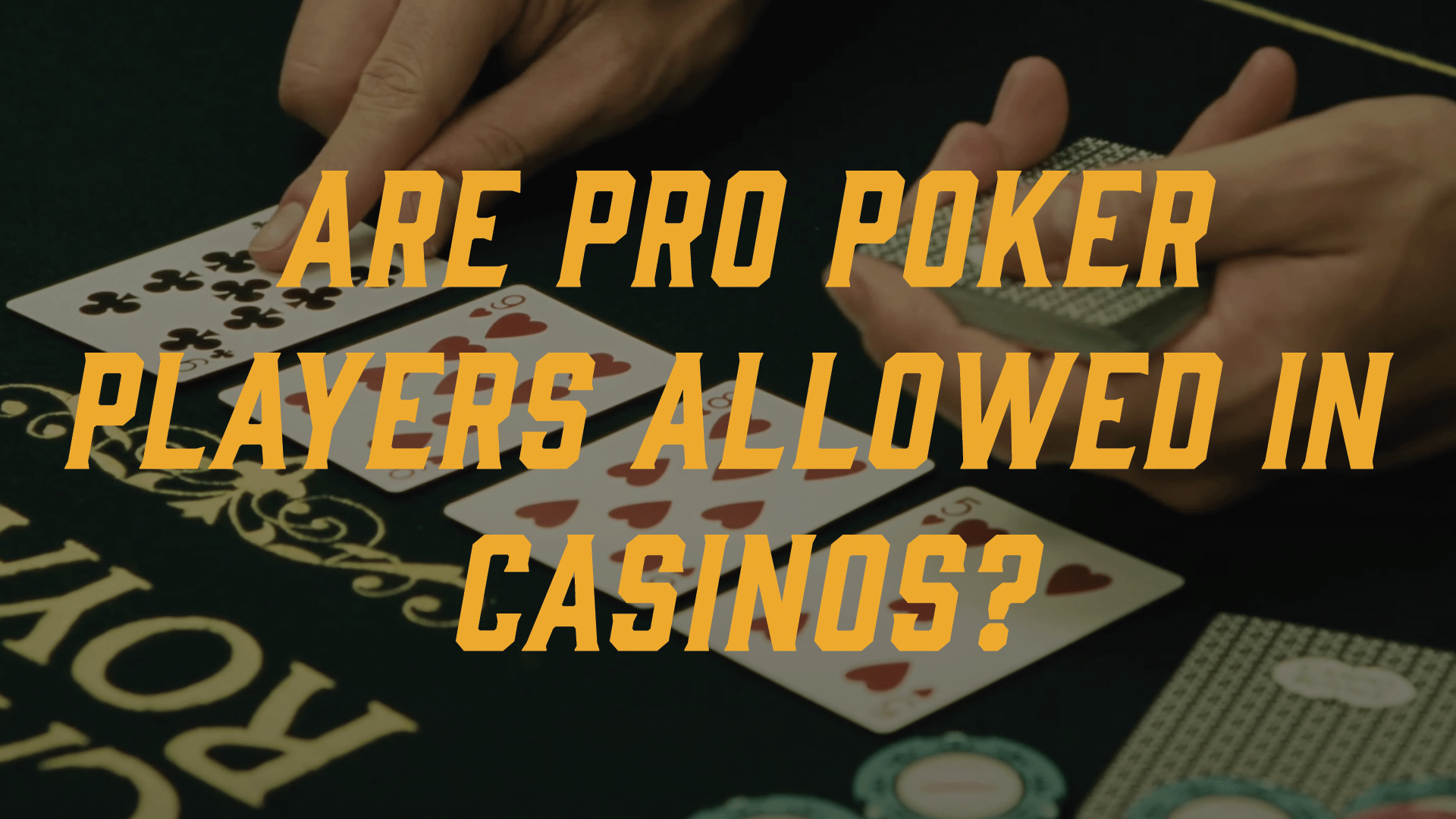Who Invented Playing Cards?

In a world where screens dominate our entertainment, the humble playing card remains a steadfast companion, offering hours of enjoyment across cultures. But who can be credited with inventing these enduring cards that have stood the test of time?
Let’s find out who invented playing cards!
1. The Ancient Roots of Playing Cards: Early Traces

The exact origin of playing cards is shrouded in mystery, with various theories and historical records offering intriguing insights. The most commonly accepted belief is that playing cards originated in ancient China during the Tang Dynasty (618-907 AD).
These early cards were likely hand-painted and used for various games and gambling activities. The Chinese cards featured suits similar to those we recognize today: coins, strings of coins, myriads, and tens of myriads.
2. Spread Across Continents: Playing Cards Reach Europe

Playing cards found their way to Europe in the late 14th century, possibly through trade routes and cultural exchanges with the East. These early European cards featured suits such as cups, swords, coins, and clubs. The use of playing cards quickly spread across the continent, gaining popularity among the nobility and common folk alike.
3. The German Influence: Standardizing the Deck

In the 15th century, German cardmakers played a significant role in standardizing the deck we recognize today. They introduced the concept of the four suits: hearts, diamonds, spades, and clubs. This standardization facilitated the creation of mass-produced decks, making playing cards more accessible to a wider audience.
4. The Role of Islamic Empires: Mamluk Playing Cards
During the same period, the Islamic Mamluk Empire (1250-1517) also played a crucial role in shaping the design of playing cards. The Mamluk playing cards, crafted with intricate designs and lavish details, featured court cards and suits that influenced the European decks that followed.
5. Evolution and Adaptation: Cultural Influences
As playing cards spread across different cultures and regions, they underwent various adaptations and design changes. In India, for instance, the Mughal emperors had their own unique playing cards, often adorned with exquisite artwork. Similarly, Japan introduced its own style of playing cards called "Hanafuda," which combined card games with seasonal symbolism.
6. The Modern Deck: 52 Cards and Beyond

The standard 52-card deck that we commonly use today can be traced back to 18th-century France. This deck format, featuring the aforementioned four suits and numerical values, became widely adopted and remains the basis for most card games. Over time, specialized decks were created for specific games, hobbies, and occasions, showcasing the versatility and adaptability of playing cards.
Don’t have a deck yet? Check out our collection of mesmerizing decks of poker playing cards.
The Bottomline
Playing cards have evolved over centuries, transcending cultural boundaries and enduring the test of time. From their enigmatic origins in ancient China to the diverse decks enjoyed worldwide today, playing cards continue to bring joy, competition, and camaraderie to countless individuals.
Intriguing and historically rich, the story of playing cards showcases the interconnectedness of cultures and the universality of human enjoyment. So, the next time you pick up a deck of cards to play a game with friends or family, remember the intriguing journey that these small pieces of art have undertaken through the annals of time.










Leave a comment